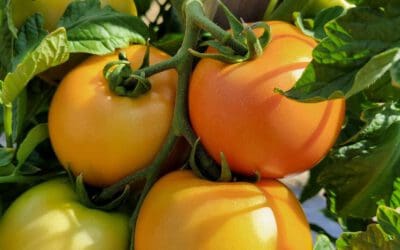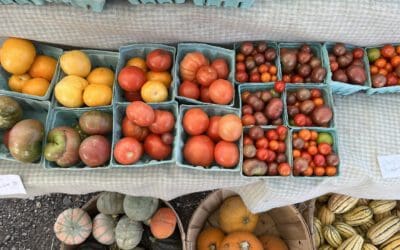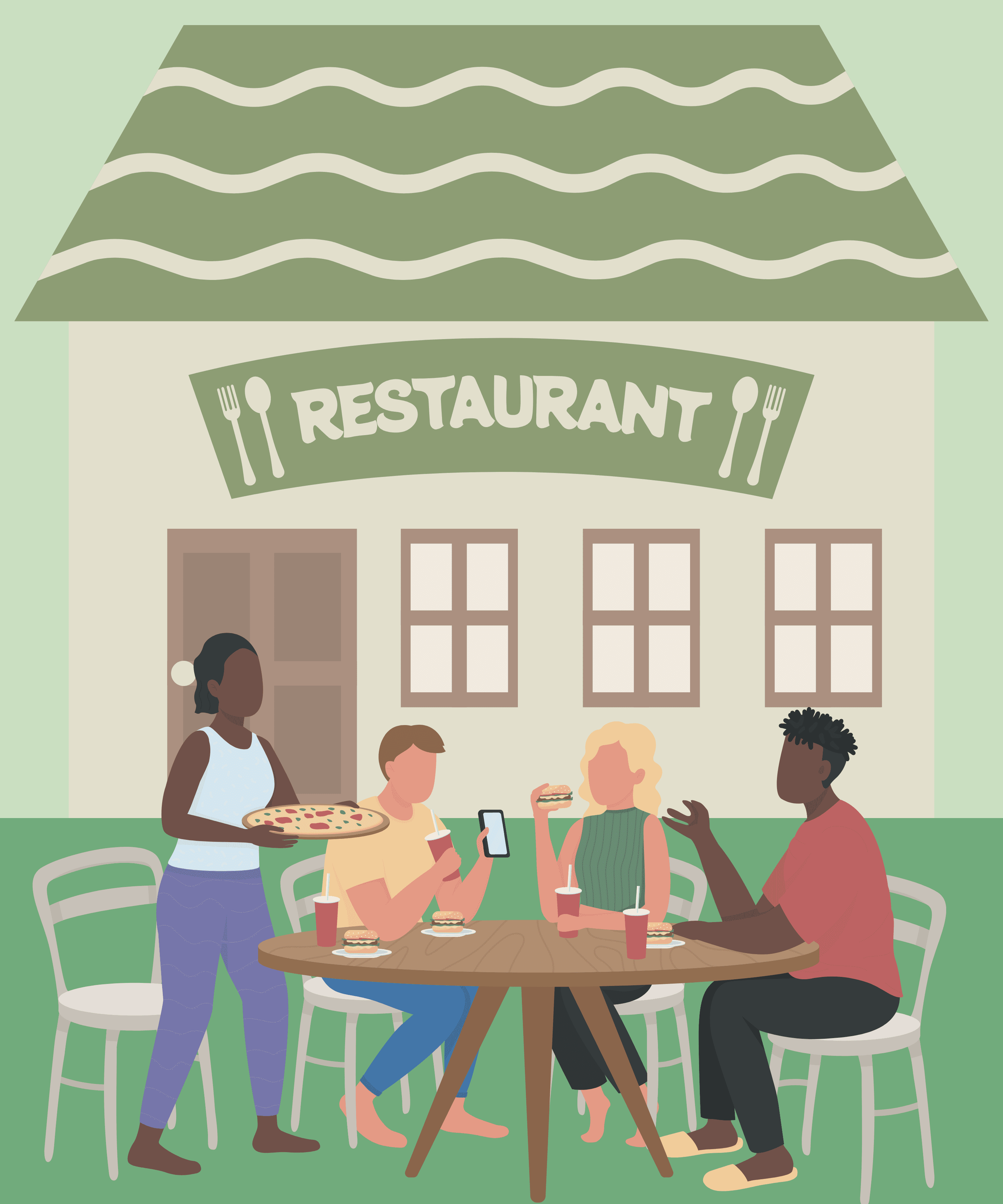
Build Food Culture & Identity
Build local food and agriculture into the brand identity of Lewiston and Auburn
The Big Why
As Maine’s second largest metropolitan area, Lewiston Auburn is home to several higher education institutions, is driven by a healthcare and manufacturing economy, and is a historically diverse community. 18th and 19th century industrialization was fueled by European immigration, followed by a strong Quebecois secondary migration for work in shoe and textile mills, and late 20th and early 21st century refugee and asylum seeker immigration from across Africa and the Middle East. Separated by the Androscoggin River, those who visit find many events and annual festivals and can also enjoy breweries, restaurants, and recreational activities. The cities are, however, situated within easy access to the “foodie city” of Portland 40 miles south, which garnered the Bon Appetit 2018 Restaurant City of the year designation and is home to several James Beard award-winning chefs. For those with the economic capacity, easy access to Brunswick and Augusta, each 30 miles away, also contributes to Lewiston and Auburn suffering from out-migration for dining. Indeed, The Maine Office of Tourism, despite concerted efforts from the Chamber of Commerce, local business leaders and cultural venues to change this perception still merges metropolitan Lewiston Auburn with the Maine Lakes and Mountains region west to the New Hampshire border and describes the cities as “midway between the state’s spectacular coastline and lush mountains, alongside the Maine Turnpike.” But, as revitalization continues, Lewiston Auburn community champions have placed increased emphasis on activating the downtowns on both sides of the river with significant public investment in parks and open spaces for outdoor recreation, festivals and events. Lewiston’s River Island Master Plan and Auburn’s most recent Comprehensive Plan call for long-term targeted investments in the downtown riverfront. Private investment is following with an $80M mill redevelopment into 380 market rate apartments adjacent to a 72-unit affordable housing project on the same riverfront parcel with 20,000 sf of planned restaurant and retail space. Across the Androscoggin River in Auburn (and pedestrian accessible by a former railroad bridge) is another new development, designed to emphasize sustainability, that will feature 18 market-rate residential units and two commercial spaces — a 5,000-square-foot restaurant and a 1,200-square-foot retail space.
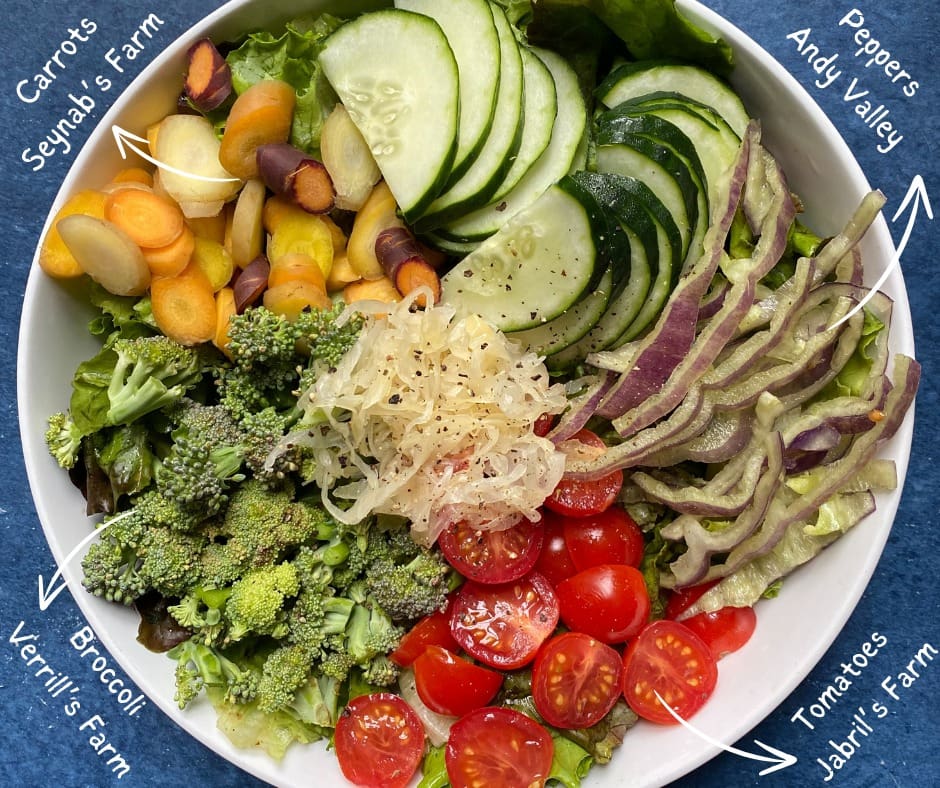
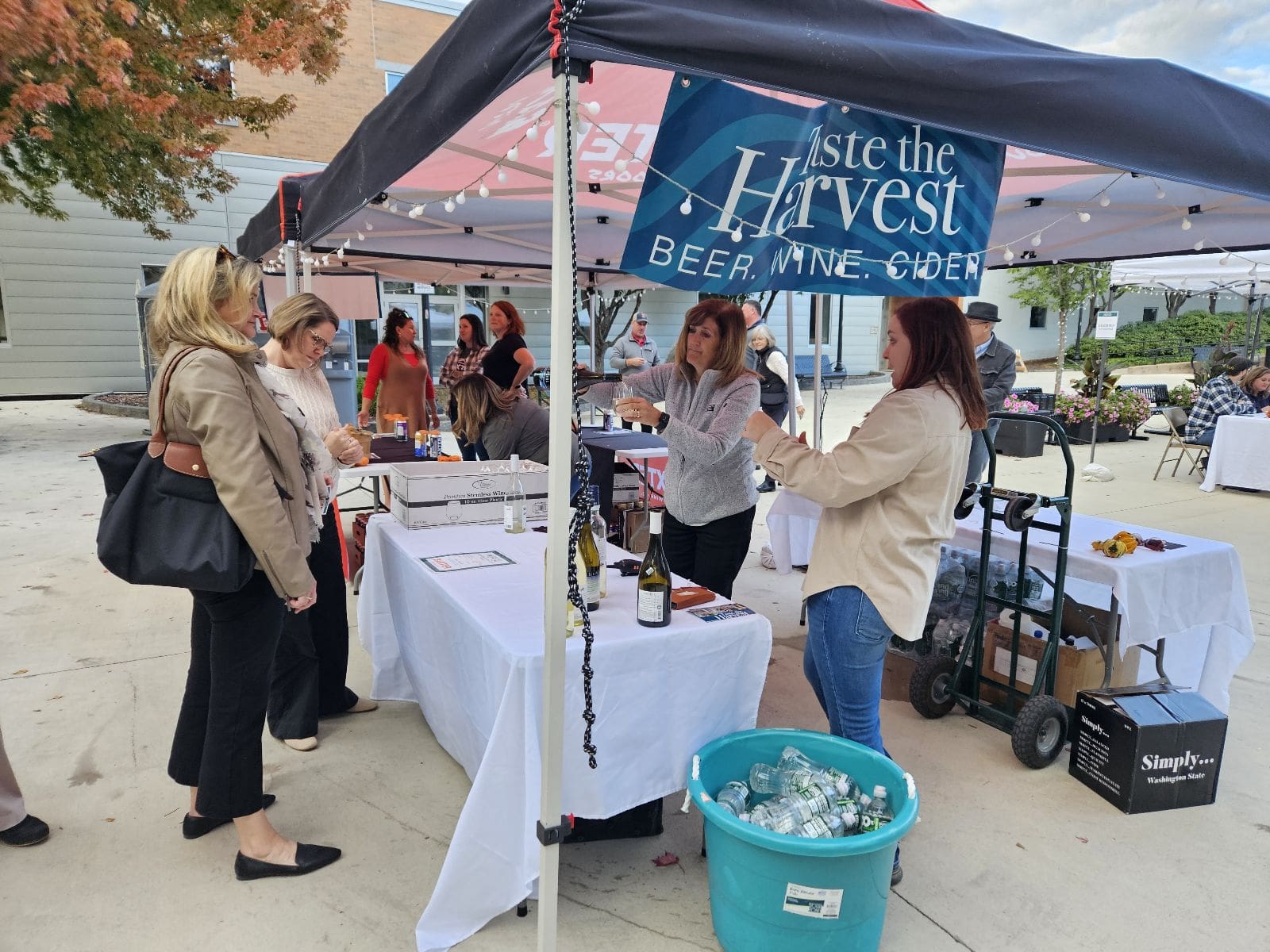
Additionally, the number of local farms—including farms owned and operated by New Americans—are adding crops to Maine’s report of agricultural statistics to USDA and providing locally grown products for restaurants and consumers across Maine that were not previously available in the State.
Annually, the Lewiston Auburn Metropolitan Chamber of Commerce hosts Taste the Harvest to bring the community together to celebrate our local food economy, showcasing the best of our region’s harvest and Lewiston’s culinary talent. The one-night street festival highlights and promotes our local farm to table with tapas-style dishes in a multi-chef collaborative dining experience al fresco. Ingredients are selected from local farms and food producers to highlight the best tastes of harvest while boosting our local food economy. The one-evening event is followed by the Eat Local Challenge, which aims to bolster the local food economy, food producers, and restaurants, all while contributing to the region’s image as a food destination.
Combined, LFAP LA Leads will work to aggregate the impact of this work to elevate the community as a local food hub focused on growing food for sustenance as well as production for retail and food service. Beyond “farm to table” this initiative seeks to provide local food across our community, within our schools and at the retail/restaurant level to exemplify how farming, food production, and municipal policy can coalesce to identify the Lewiston Auburn community as simultaneously food secure, food forward and welcoming of all who seek a culinary experience rooted in local culture.
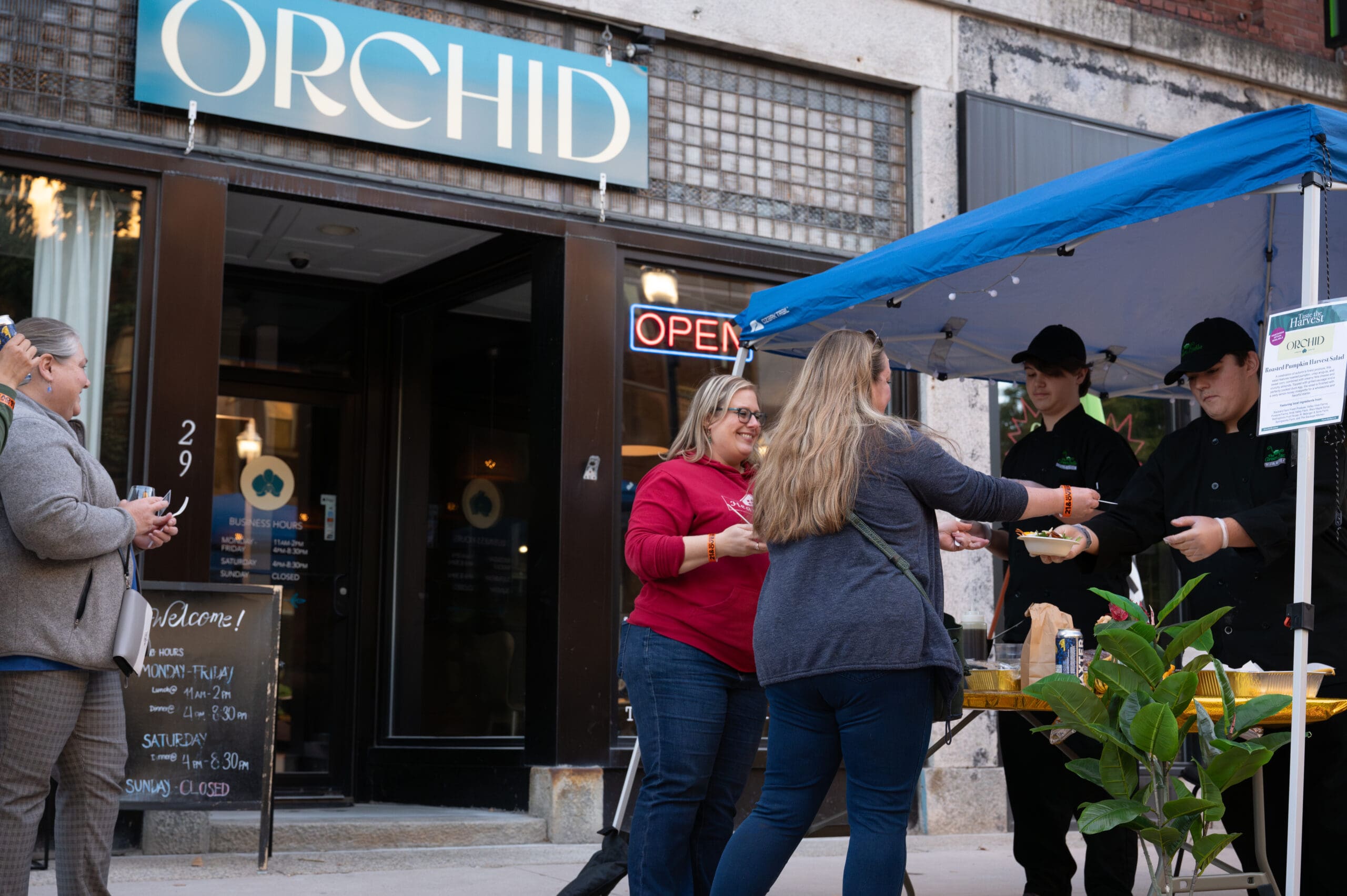
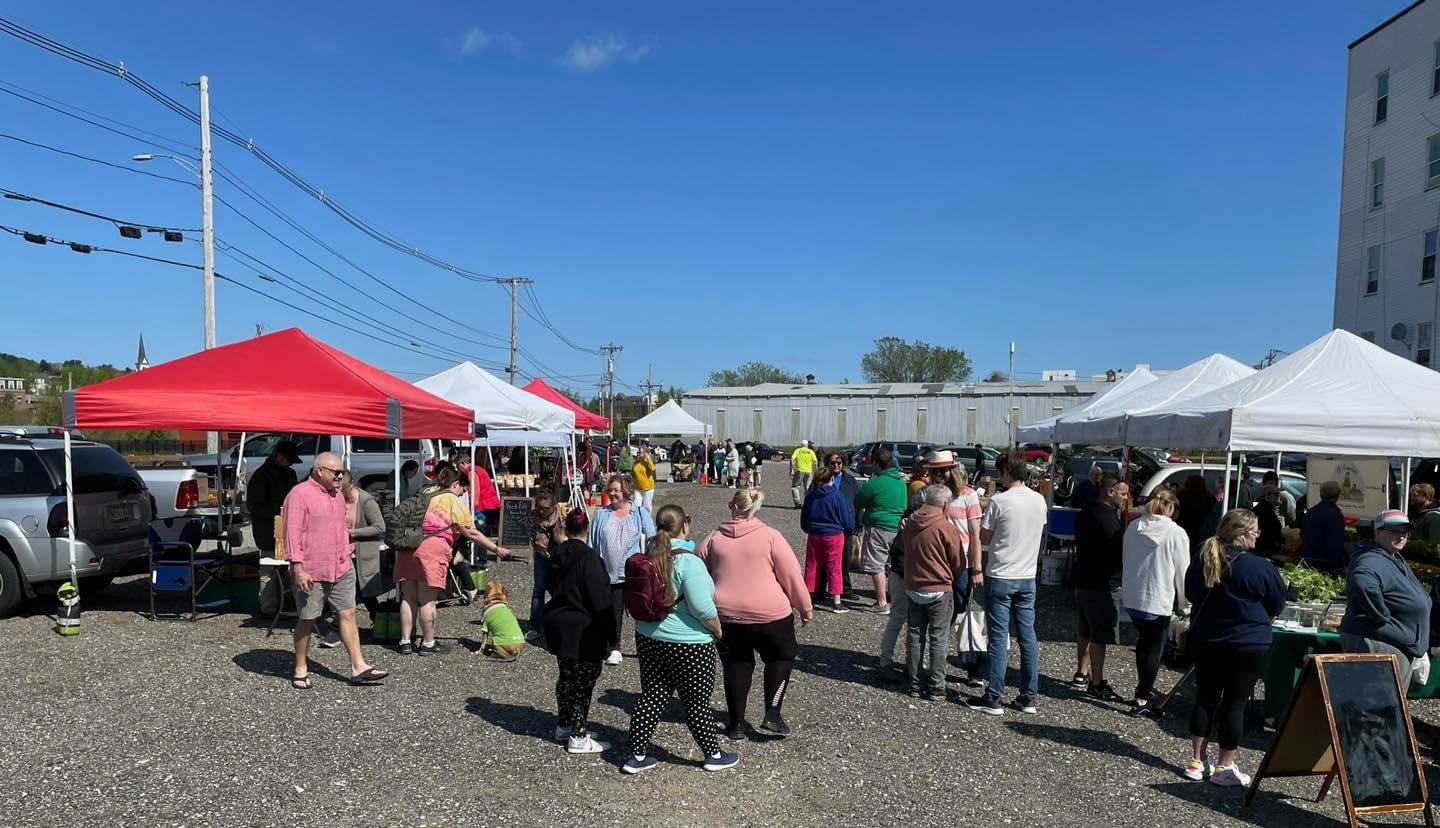
The Actions We Will Take
This goal is active and progress is being made towards achieving it.
This goal is active and progress is being made towards achieving it.
This goal is active and progress is being made towards achieving it.
This action is appearing in our plan for the first time, it just sprouted.
Finding Hope & Resilience During Turbulent Times
Visions for a Thriving Resilient Food System for Lewiston Auburn
Over the course of the plan being updated, partners, stakeholders, and community members were invited to share their vision for a Thriving, Resilient Food System in Lewiston-Auburn. The visions shared by our community include: Lewiston Auburn has a resilient, robust...
Developing a Community Food Center in LA
Emmy Andersson, of the Cooperative Development Institute (CDI), shares about work that CDI and the St. Mary’s Nutrition Center have been doing to advance the community-driven goals and actions in the Local Foods, Local Places Action Plan for Lewiston-Auburn....
